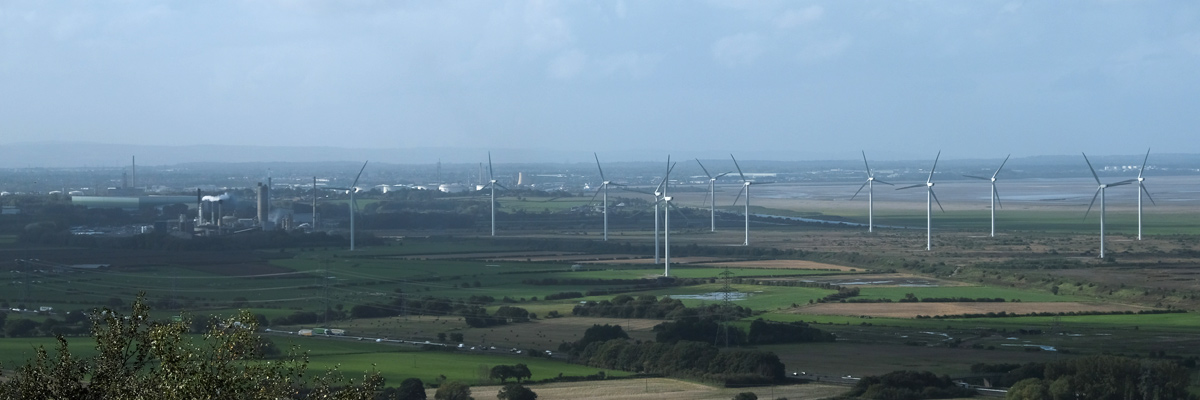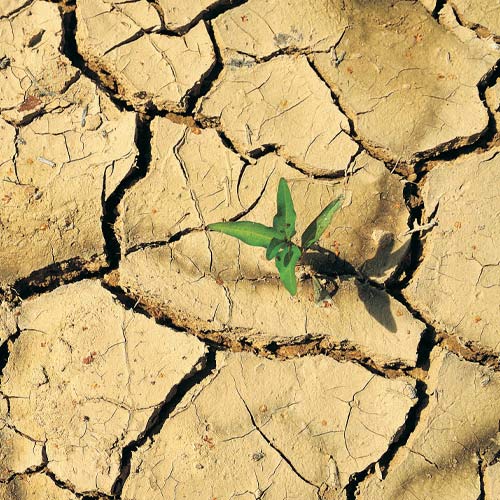The decarbonisation and resource management challenge area fits within the context of the increased need to decarbonise energy and industry, the need to use resources more optimally, intense global competition for resources and a need to expand the delivery of affordable, sustainable energy across the world .
Deep geological disposal is a key solution to the long-term, safe management of radioactive waste but it requires understanding complex subsurface processes for up to one million years in the future. Important science considerations include:
- containment: understanding of subsurface fluid processes is vital to the containment of radioactive materials
- siting: understanding the geology of a geo-disposal site will inform safe site selection
The carbon capture and storage (CCS) topic will support the UK, Europe and other countries in developing safe, efficient CO2 storage, to decarbonise industry, power, transport and heating to meet net zero targets.
- Planning a CO2 storage site: developing a carbon dioxide (CO₂) storage pilot.
- Developing and maintaining technologies and methodologies: predicting the evolution of the CO₂ plume by observing site behaviour before, during and after injection of CO₂
- Containment: selecting and characterising geological sites that are expected to enable permanent containment.
- CO₂ injection, pressure management and storage optimisation: understanding the limits on pressure increases, improving methods for injection and managing pressure increases.
- Planning and licensing regulation.
Energy storage is a new topic area for the BGS. The strategy is:
- to quantify the energy storage potential (capacity and location) offered by UK geological formations
- to investigate and address geological barriers and hazards associated with the deployment of underground energy storage
- to improve knowledge of thermal, hydrogeological, mechanical, chemical and microbiological influences on underground energy storage
- to establish collaborative and innovative approaches to address these objectives
The emphasis of this topic’s research will be on the UK, where rapid development of geothermal power and heat and geo-exchange applications is urgently needed. Three priority areas have been identified that will be the focus of the topic’s activities over its lifetime.
Research in these areas is expected to have considerable impact, e.g. through reducing uncertainties in resource identification, supporting policy and regulation, and by generating knowledge that supports technology deployment and increases the numbers of geothermal applications in the UK before 2030.
The research will be delivered through three subtopics:
- geothermal road map
- geothermal potential of Carboniferous basins
- subsurface urban heat resources
Understanding the origin, transport and concentration of the metals and materials that are critical for the transition to a low-carbon economy.
Monitoring global mineral production, trade flows and mineral statistics to ensure a sustainable supply of resources for a low-carbon economy.
Research projects
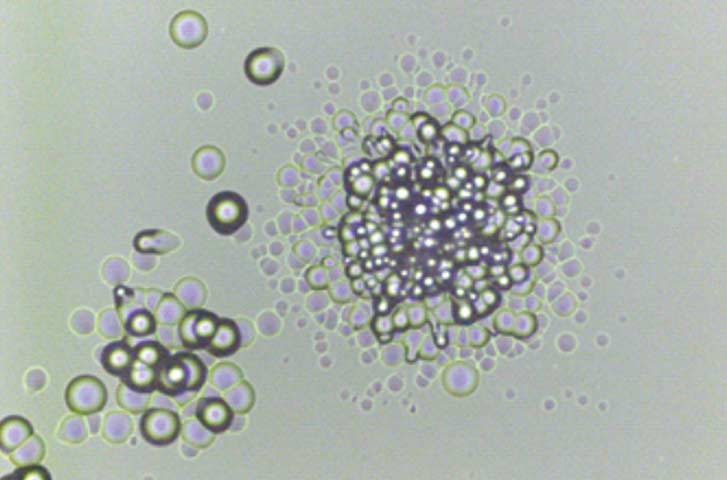
Geodisposal: radioactive waste
The BGS has provided geological data and interpretations concerning the safe storage and disposal of radioactive waste for nearly 70 years.
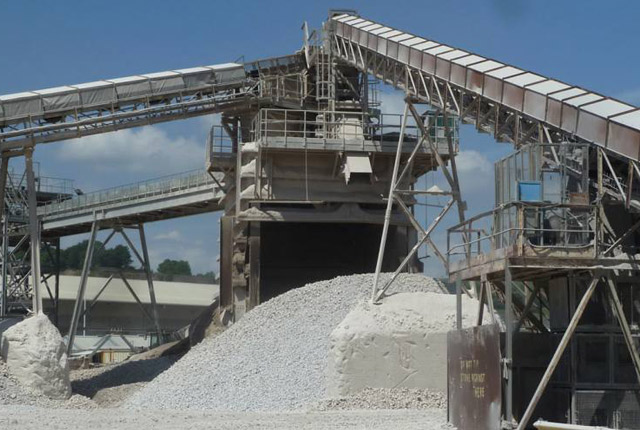
Mineral resource security and flows
We comprehensively monitor mineral production, trade flows and other relevant statistics within the UK to respond to the economy’s demand for raw materials.
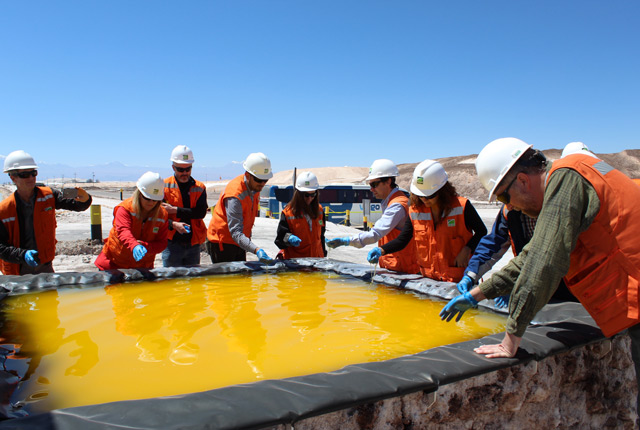
Critical raw materials
All minerals and metals used in manufacturing, including recycled material, have ultimately been mined from the Earth’s crust.
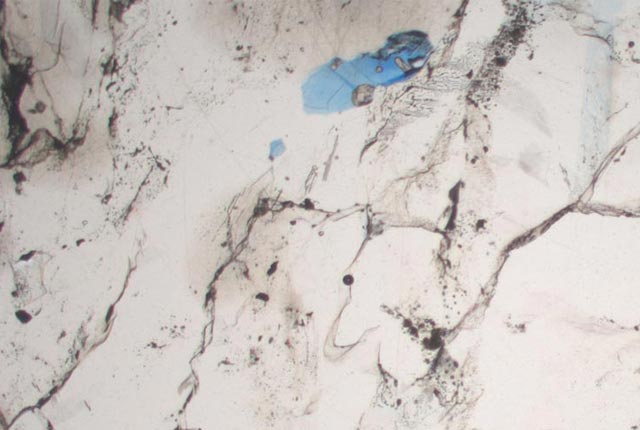
Energy storage
BGS has a sustained track record of energy storage research, which will underpin future laboratory, field and GIS-based activities and commissions.
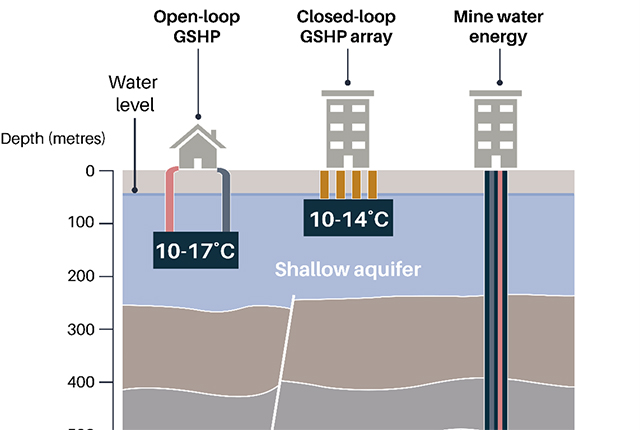
Geothermal technologies
Geothermal energy is available across the UK in different geological settings. It can be used to produce thermal (and in some places electrical) energy for a wide range of uses.
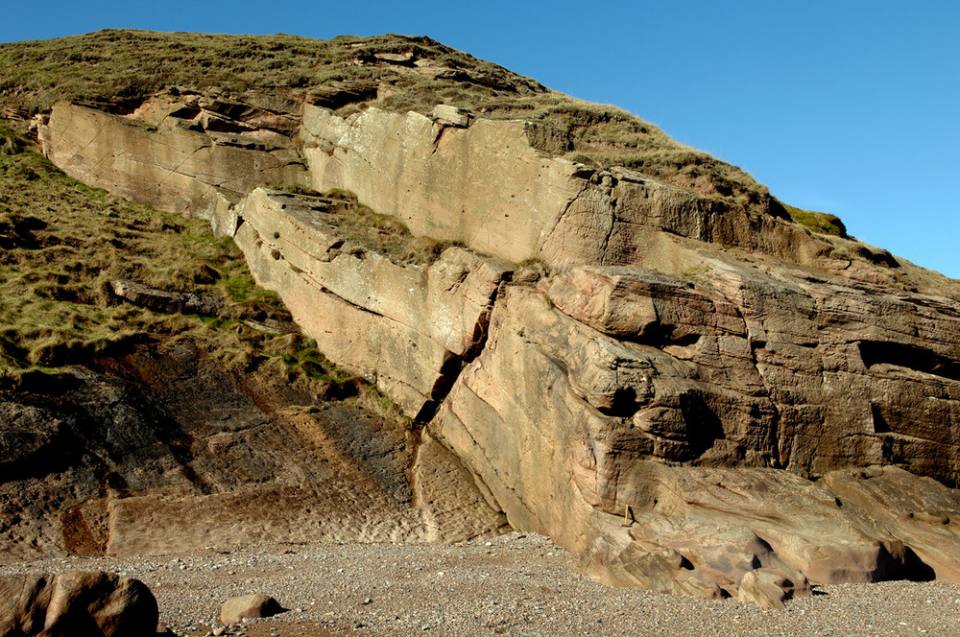
Hydrocarbon systems
The BGS works with UK and overseas governments to provide geological and oil prospectivity advice.
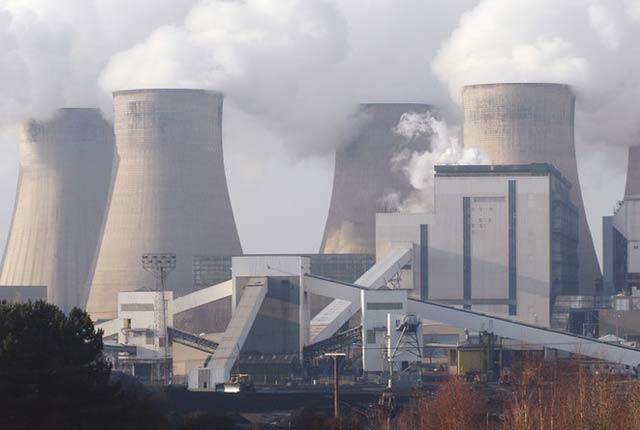
Carbon capture and storage
The BGS is recognised as a European centre of excellence for the study of carbon dioxide storage. We have a dedicated team active in a number of research areas.
Our facilities
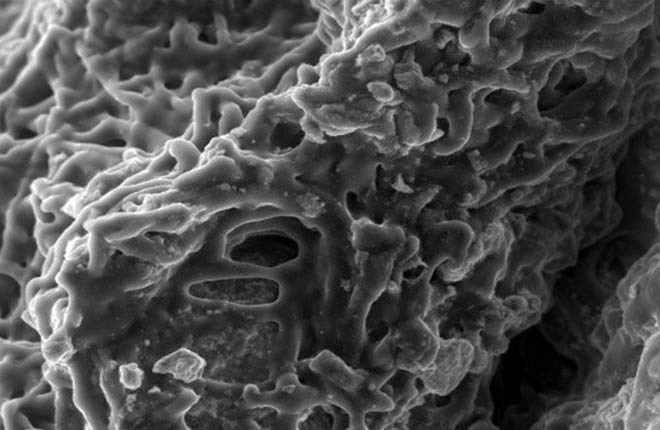
Fluid and Rock Processes Laboratory Cluster
This cluster does research to identify, measure and quantify complex geological and environmental processes essential in the efficient utilisation of natural resources and underground spaces.
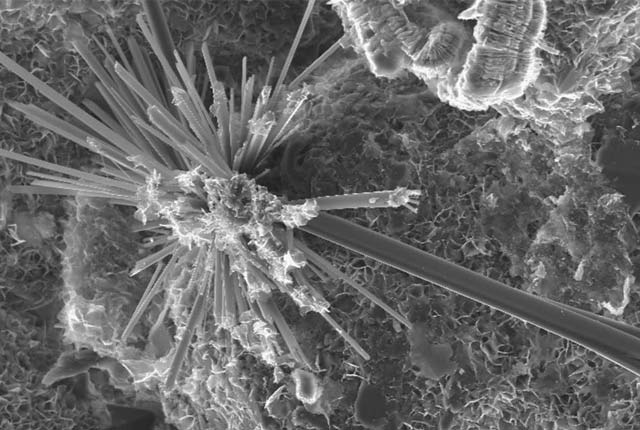
Rock Volume Characterisation Laboratory Cluster
This cluster studies the structural and compositional characterisation of rocks and their constituent parts at all scales.
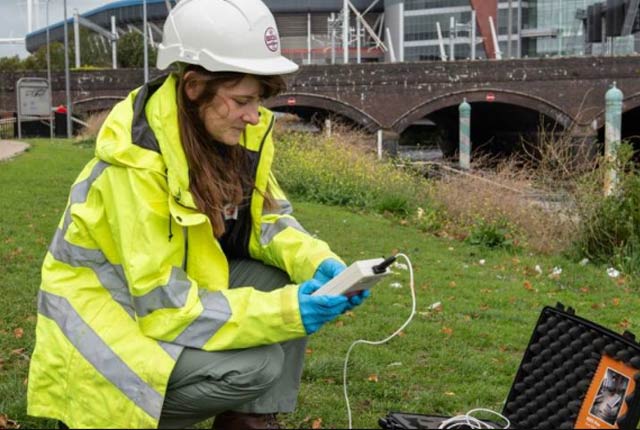
UK Geoenergy Observatories
UK Geoenergy Observatories are facilitating a step change in our understanding of geology and our relationship with the underground environment.
Our core challenge areas
Related news
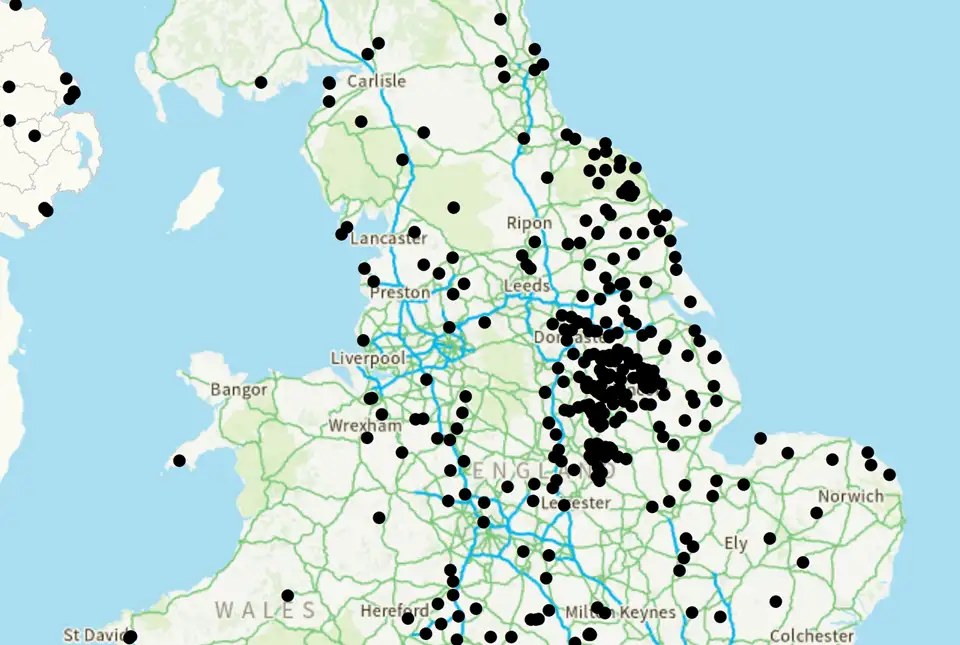
UK legacy geothermal catalogue released in digital format for the first time
18/04/2024
BGS has released the first digital version of the UK legacy geothermal catalogue of subsurface temperature measurements, rock thermal conductivity measurements and heat flow calculations.
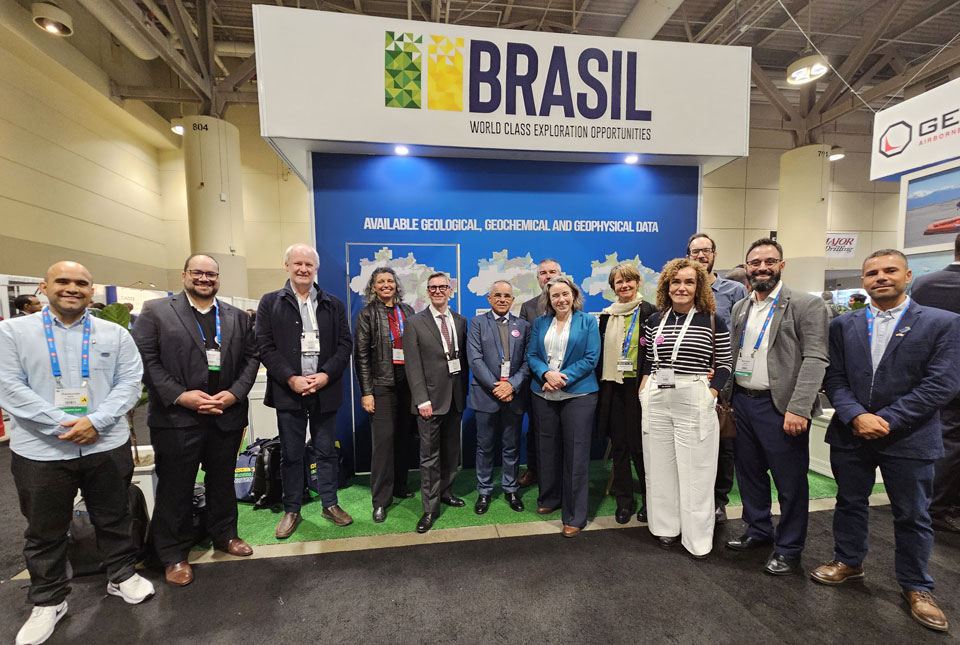
BGS signs memorandum of understanding with Serviço Geológico do Brasil
10/04/2024
The partnership will advance the two organisations’ shared interests in mineral research and geoscience to help benefit society.
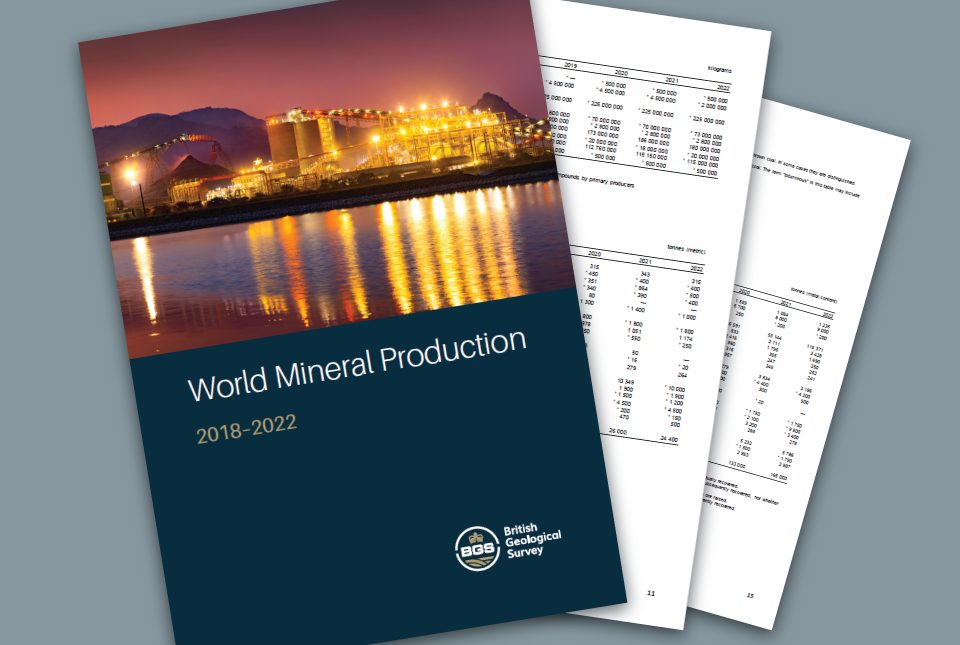
World Mineral Production 2018 to 2022 is now available
09/04/2024
The latest edition of World Mineral Production has been released.
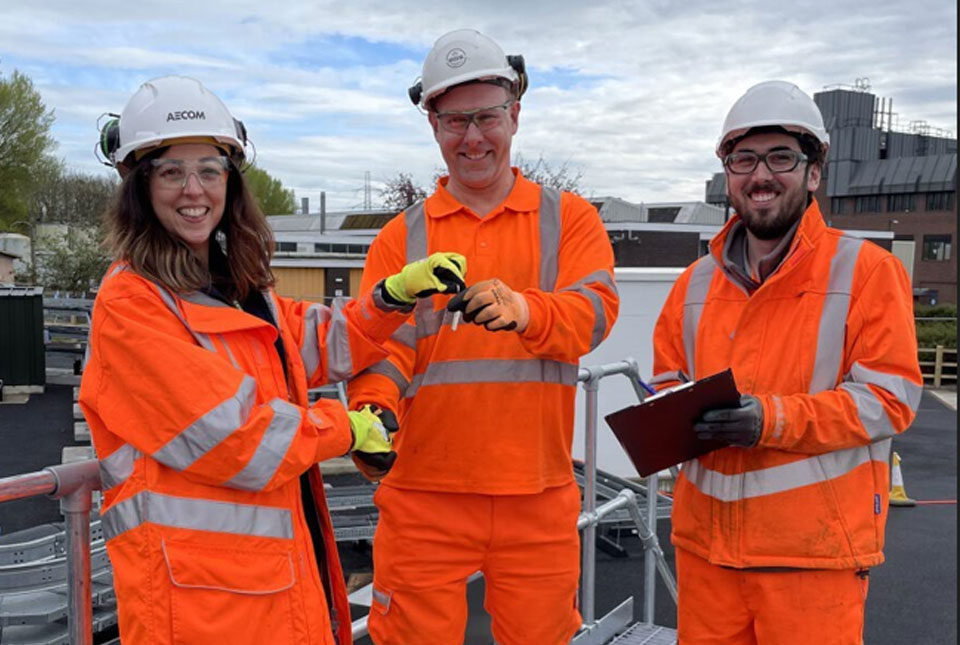
New underground observatory open for research
09/04/2024
Construction has been completed on the Cheshire Observatory and the facility is now open for research activities.
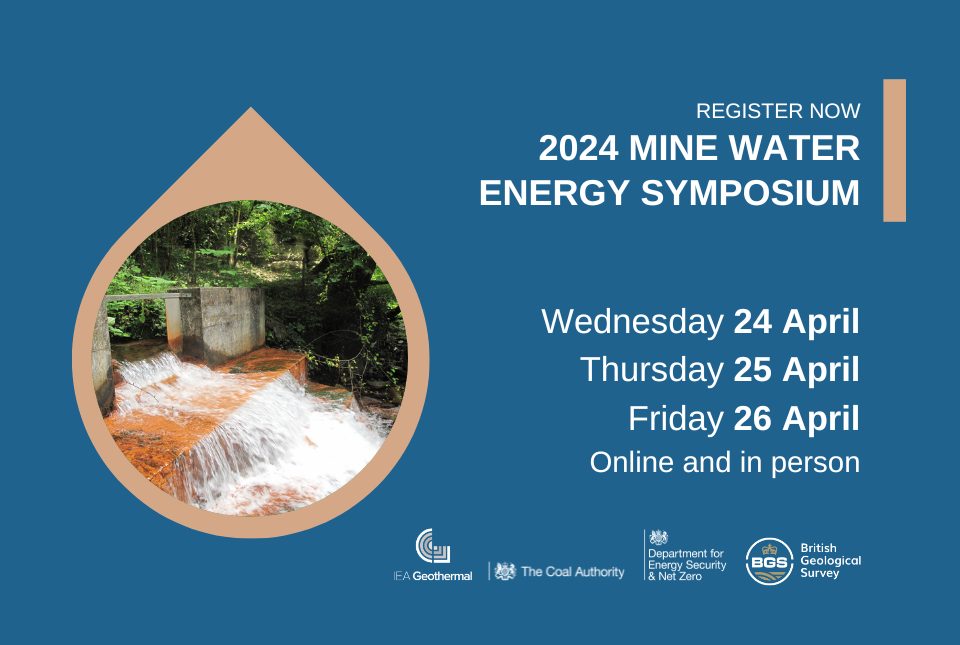
2024 Mine Water Energy Symposium
Event from 24/04/2024 to 26/04/2024
Now in its fourth year, the 2024 Mine Water Energy Symposium will be held in person for the first time in April 2024, with online streaming functionality.
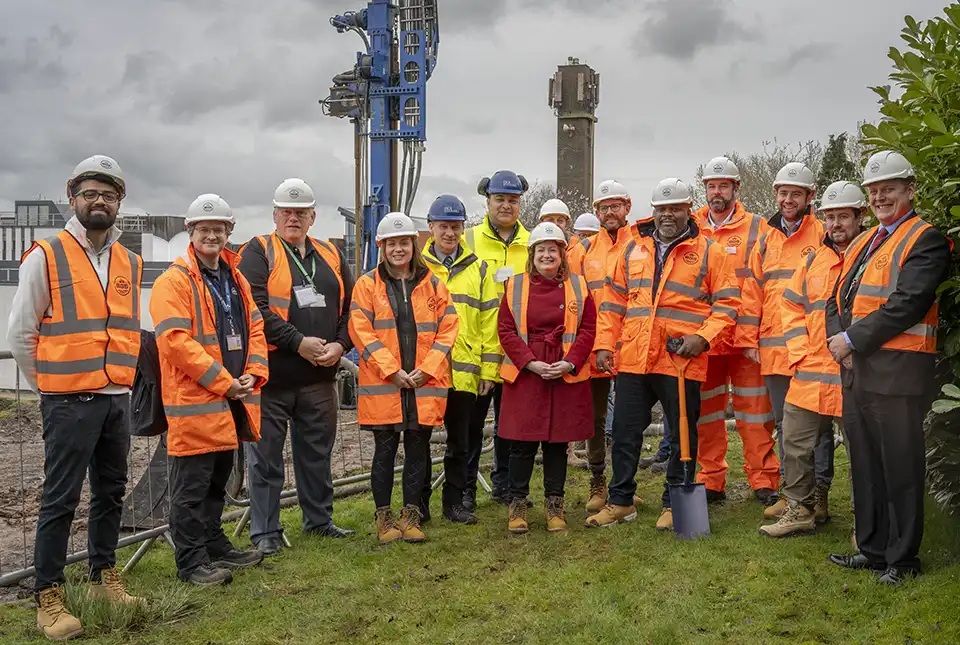
Local MP helps BGS launch a ‘living laboratory’
05/03/2024
BGS is implementing a low-carbon heating system to help meet its net zero targets and provide data to the public.
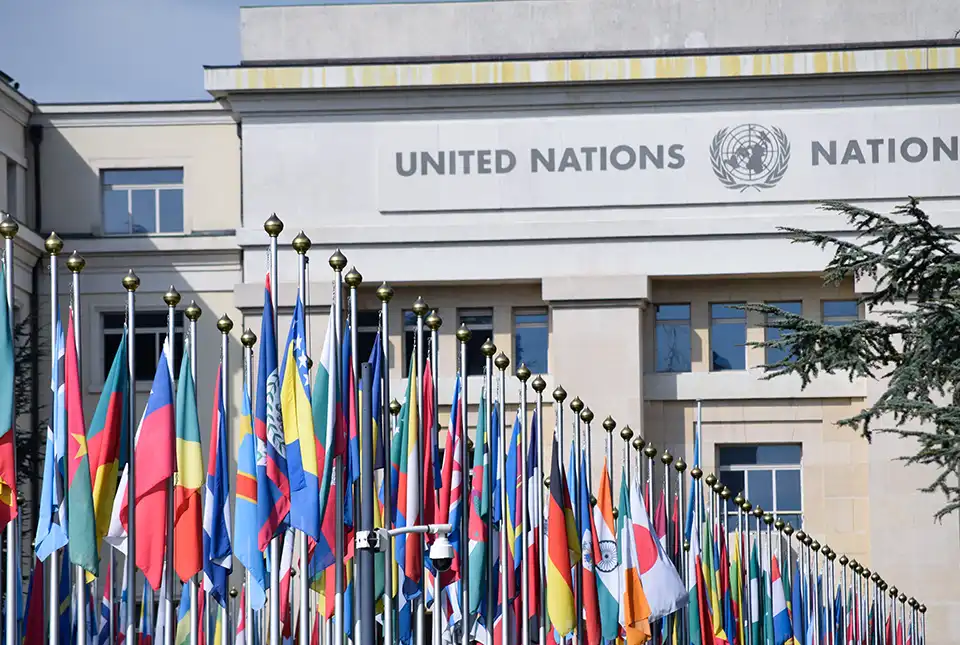
BGS to help deliver International Centre of Excellence on Sustainable Resource Management
27/02/2024
BGS has been announced as part of a consortium approved by the UN to deliver its International Centres of Excellence on Sustainable Resource Management.
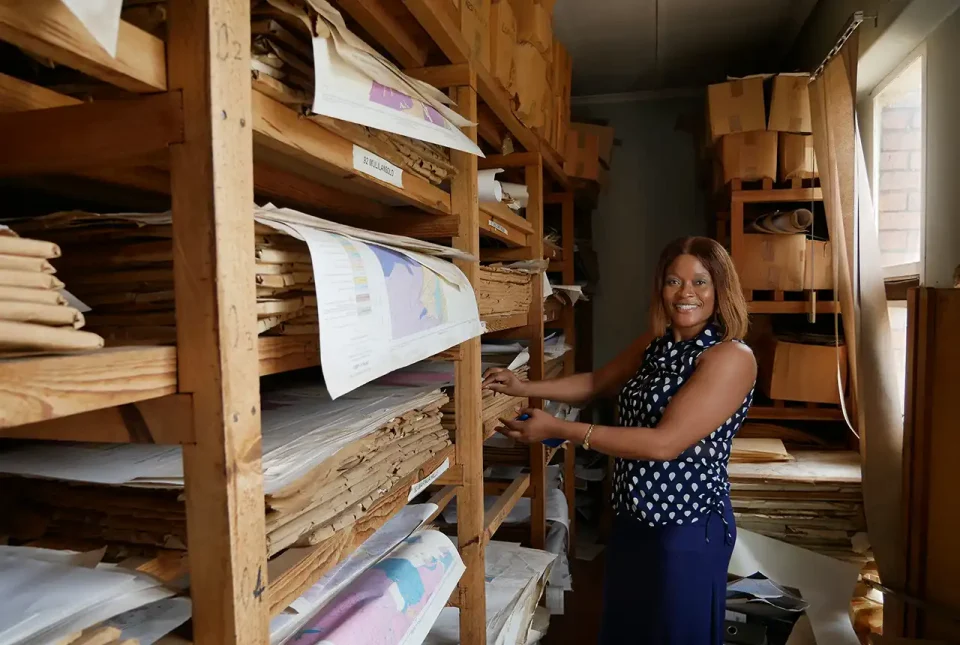
Unlocking key mineral archives at the Zambian Geological Survey Department
23/02/2024
Rachel Talbot recounts a recent visit by BGS Records staff to the Zambian Geological Survey Department, to assist in critical mineral data management.

BGS adds more than 60 new carbon dioxide storage units to its national carbon dioxide storage database
30/01/2024
BGS has delivered its first major update of the national carbon dioxide storage database, CO2 Stored.
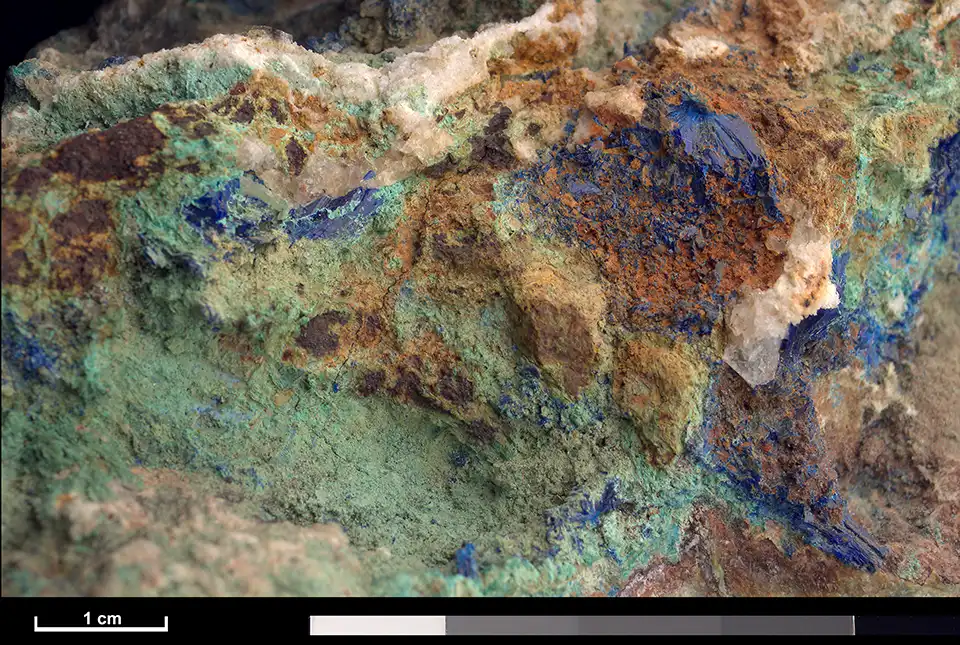
CMIC: critical minerals research review
21/12/2023
Matthew Reeves of Innovate UK provides an overview of the Critical Minerals Strategy, which sets out how the UK will go about securing its supply of critical minerals.
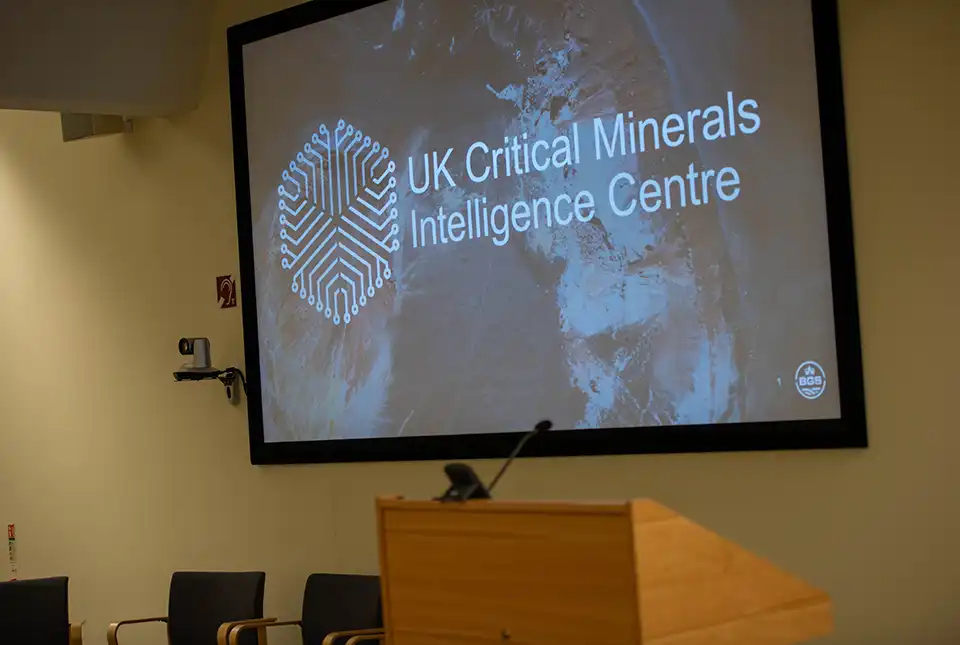
First annual Critical Mineral Intelligence Centre conference takes place
23/11/2023
The conference took place at BGS’s headquarters in Keyworth, Nottinghamshire, on 21 November 2023.
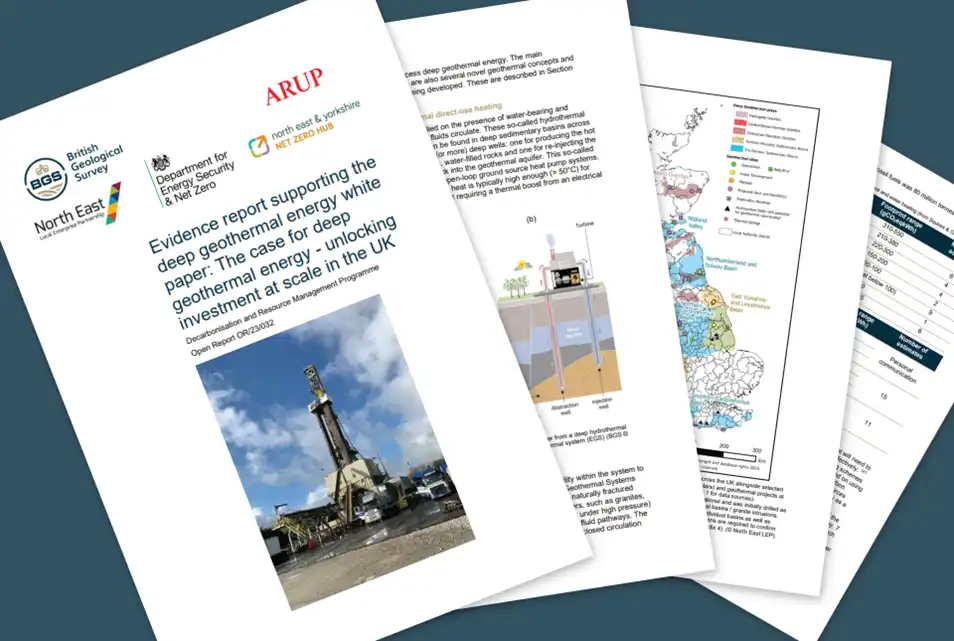
Evidence report on deep geothermal energy opportunities in the UK released
16/11/2023
BGS has published a detailed evidence report that underpins a deep geothermal White Paper.


